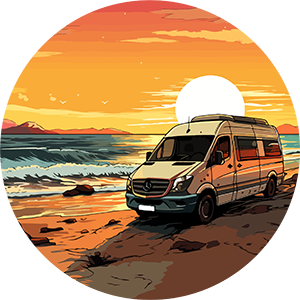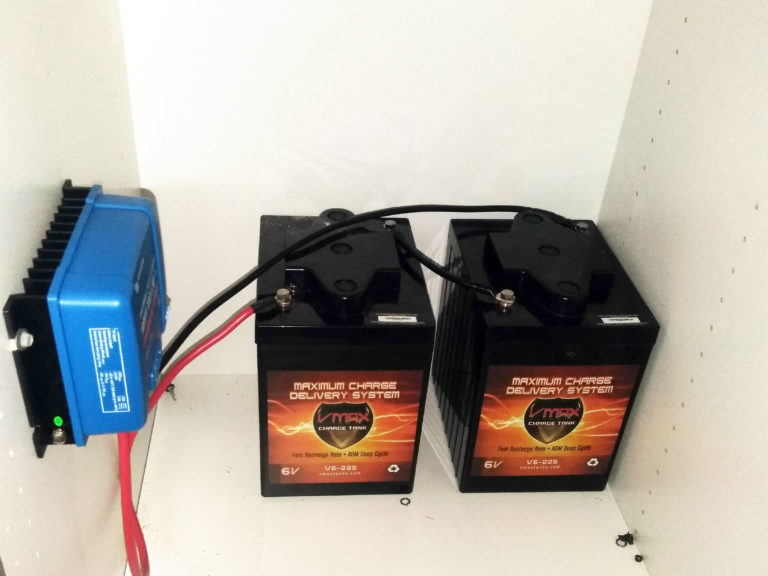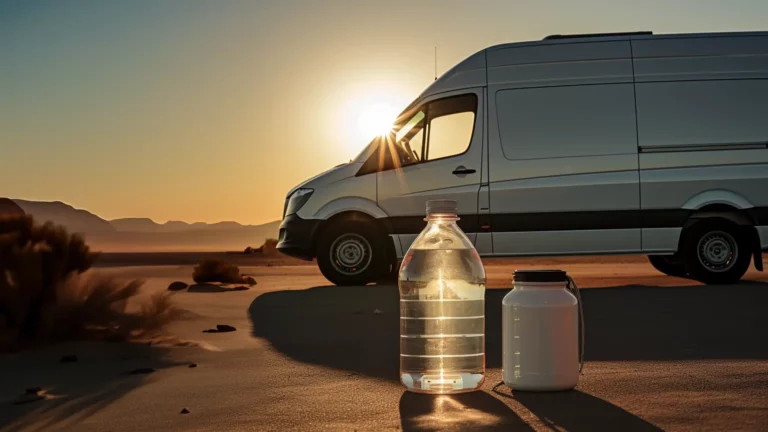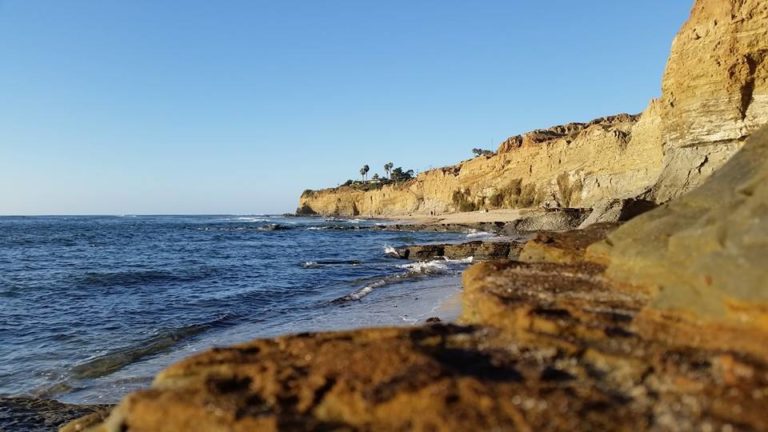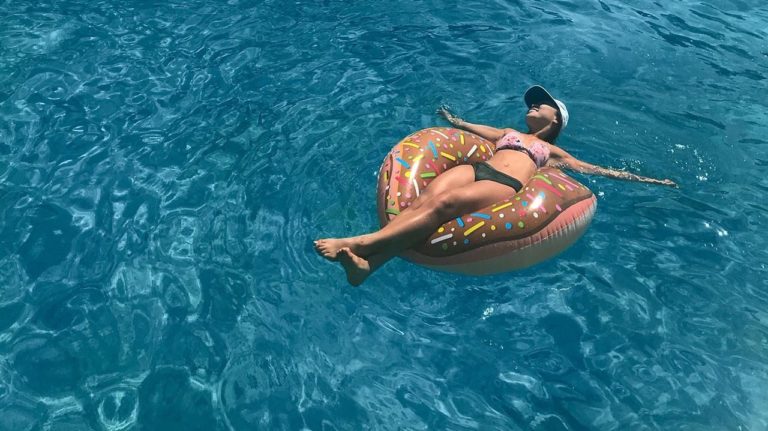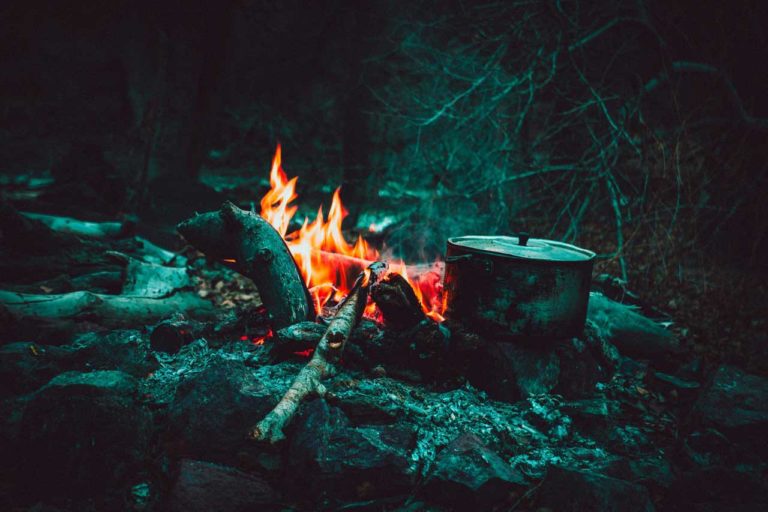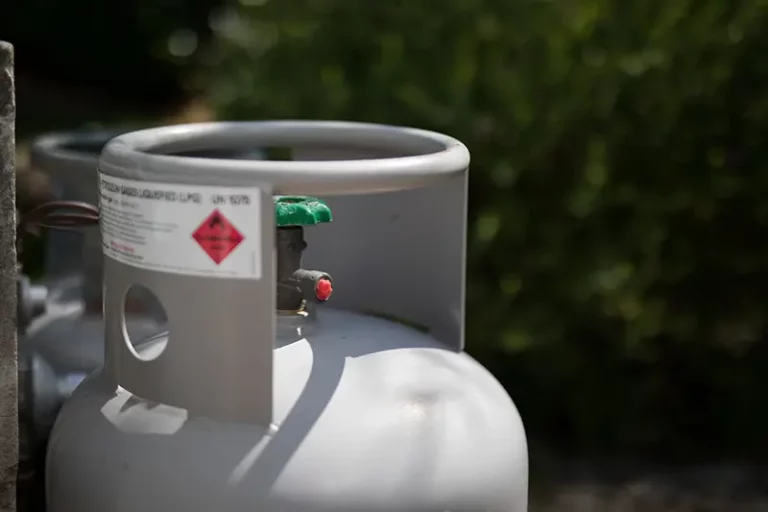Be prepared with the right RV accessories
Before you take your RV out on the open road there are a few things that will make your trip a lot easier, cleaner and more comfortable. No matter if there’s no level spot to park, or you have one of the countless problems that arise when “dumping” your waste tanks. When you get to your campsite, rest assured, these RV accessories will help save the day!
#1 of the RV Accessories: Leveling Blocks
If you have ever slept in an RV while it’s un-leveled then you know how much of a pain it is to get to sleep, even on the slightest of angles. Avoid the restless nights by investing in one of the most popular RV accessories, RV leveling blocks! These little, plastic, lego-like bricks are easy to set up and they don’t take up too much storage space. There are many different brands of RV leveling blocks to choose from but they are mostly the same. They are usually colored in a very bright or even reflective coating. That’s to ensure they are not easily forgotten when leaving a campsite.
Electrical Adapters or “Dog Bones”
Depending on your specific RV, you might have different “amp ratings” for your shore power plug. Amp ratings are just a way to say how many Amps the outlet can handle. Your shore power’s amp rating varies depending on your specific RV. In the United States, your basic outlet you find in an average household is 15 amps. Smaller RVs, like Class B and C RVs usually have either a 15 or 30 amp plug. Whereas your Bigger Class C and Class A RVs usually are equipped with a 50 amp plugs.
But what happens if you have a 30 or 50 amp plug on your RV and the campsite you are visiting has only regular 15 amp plugs available? You’ll need electrical adapter generally referred to as a “Dog-Bone”. This RV accessory is named because of its relatively similar shape to a large dog bone, of course. There are electrical adapters that go from 30 amps to 15 amps. And there are also 50 amp to 30 amp adapters. If you have a 50 amp plug on your RV you will need a 50 amp to 30 amp adapter AND a 30 amp to 15 amp adapter. That way you can be covered no matter what type of electrical hookups you have available.
Surge Protectors
When you are at an RV park you can’t always trust that the power they provide won’t harm your RV. If you plug your RV into a faulty power source it could end up damaging you RV’s electrical components. This could cause you to spend a lot of money on repairs. Protect your RV and belongings with an RV Surge protector. These come in many different types but they all do the same thing, prevent power surges from damaging your RV and everything inside. You’ll need to find out what amp rating your RV shore power plug is. RV’s usually have 30 or 50 amp plugs, and you can find the appropriate adapter at any camping or RV accessories supply store, or online, of course.
Drinking Water Hose
I’ve seen a lot of people traveling in RVs that just use whatever hose they could find to hook up their RV to a water connection. This isn’t good… You want to use a water hose that is specifically design for drinking water. These hoses are generally mode with BPA Free plastics and won’t add unwanted chemicals and materials in your drinking water. A drinking water hose can be a little more expensive than a garden hose but this is because of the quality of the materials it’s made of. It’s definitely worth the slightly extra cost for clean, good tasting water.
Water Filter
Keep the water going through your RV clean and safe to drink with an RV water filter. These filters can be attached in between your water hose and the water connection on your RV. You can test your water to make sure your filter is still working. These filters don’t last forever so I like to stock up on these. That way I always have a replacement filter ready in case something happens. I’ve had a water filter burst open on me on a very cold night. Be sure to insulate yours if you have it connected in below freezing weather!
Water Pressure Regulator
Campsites are infamous for having irregular water pressure on their RV water connections. And a leak in an RV can lead to mold, rotting and some very expensive and tedious repairs in the future. To prevent to much pressure from bursting the pipes in your RV, all you need is a simple water pressure regulator. The water pressure regulator goes in between your water connection on your RV and your water hose. These are just small metal pieces that regulate the water pressure before it goes through your pipes.
Holding Tank Deodorant
Grey and Black water holding tanks can develop some pretty nasty smells over time.. To prevent these smells from becoming too much to handle, you can add deodorant packets to your tanks. These packets help to combat the bad odors. Simply flush these little packets down your toilet or put them down your sink, depending on the type of deodorant (Just read the package for your specific directions). I haven’t had any of these little deodorant pack work to get rid of the bad odors 100% but they do work really well and are way better than not combating the bad smells! If I’m ever planning on being in my RV for an extended trip then I always have a bag of these packed away. Of course if you have a composting toilet, you won’t need this because there is not a super pungent smell.
Sewer Dump Hose
When shit hits the fan you want to be sure you are prepared! Having a good, solid sewer connection hose is a must for anyone traveling in an RV. RV Parks are notorious for having poorly placed dump stations that would be impossible to use without a long sturdy hose and connection. Remember, it’s always better to have too much hose than not enough. This is definitely a product you don’t want to skimp on, in price or length!
